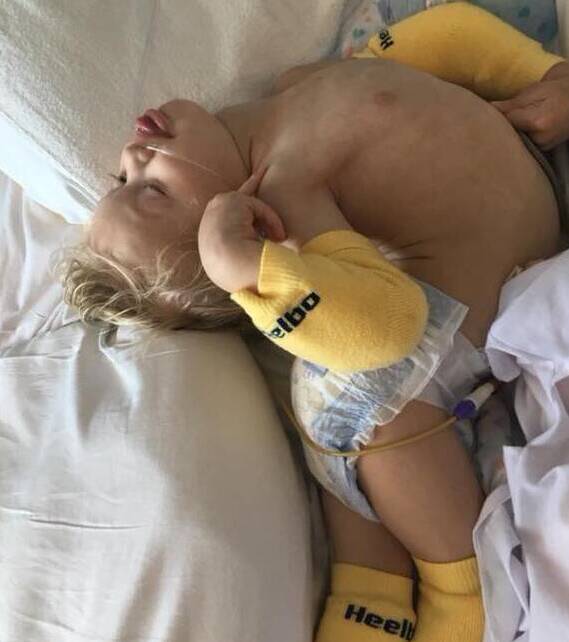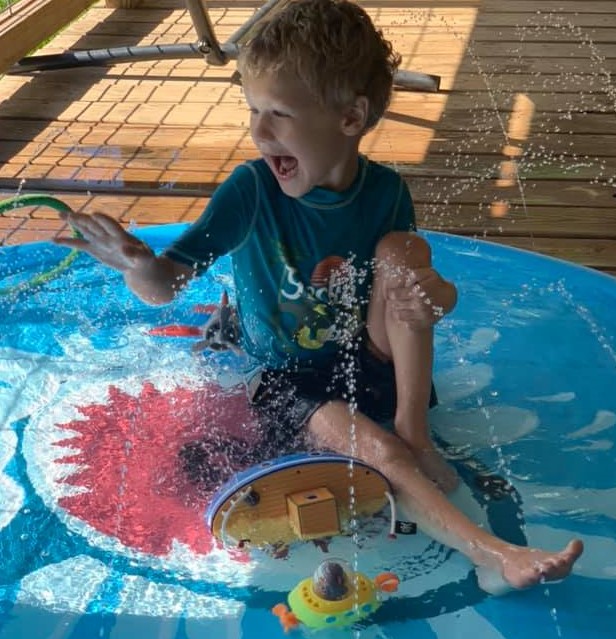If you missed our online meeting on Stem Cell Therapy, we encourage you to listen to the recording! It is jam-packed with information about the current state of stem cell therapy in our country and beyond. Our guests not only share their personal experiences, but also invaluable information for anyone considering stem cell therapy.

From Alzheimer’s to diabetes and arthritis to Parkinson’s, many agree that the future of medicine lies in stem cell therapy. However, due to the overwhelming push for embryonic stem cell research that began in the 90’s, there is a lot of confusion regarding the ethical path for stem cell therapy.
In short, embryonic stem cell therapy involves the destruction of human life – adult stem cell therapy does not. Embryonic stem cell lines are derived from the inner cell mass of a blastocyst. A life is created via in vitro fertilization and allowed to develop to the blastocyst stage at 4–5 days post fertilization. The developing embryo is then destroyed to harvest its stem cells. Adult stem cells do not involve the destruction of life. Rather they are commonly harvested from bone marrow (often from the patient himself) and donated umbilical cord cells.
While adult stem cell therapy has been used for many years now to successfully treat a growing list of maladies, embryonic stem cell research has not produced working treatments. This month, our two guest speakers’ personal experiences testify to the power and potential of adult stem cell therapy.
Coach Sam Harrell turned to adult stem cell therapy as Multiple Sclerosis ravaged his body. Coach Harrell led the Ennis Lions to three 4A state championships from 2000 to 2004. However in 2005 he was diagnosed with MS. None of the standard treatments for MS stopped the disease’s progression and by 2009 Coach Harrell resigned from coaching.
But in 2010, a friend told him about Stem Cell Institute. Following his third round of adult stem cell treatments, Coach Harrell began to see remarkable improvement! In 2014, he returned to coaching and in 2018, he resumed his position as head coach of Ennis High! For more on his remarkable recovery, watch this FOX news special feature.

We were also joined by Will and Beverly Boytim, whose 3-year-old son Robert suffered anoxic brain injury following a drowning accident.
When released from the hospital after 37 days, the staff gave Robert little hope of ever walking, talking or even waking up. But the Boytims believed God had other plans! Immediately following Robert’s release, they embarked upon groundbreaking therapies for the brain-injured, starting with hyperbaric oxygen therapy and then incorporating adult stem cell therapy.
After four stem cell treatments, along with accompanying therapies, Robert is now completely mouth-fed, laughs and communicates as he once again learns how to talk, and is on the verge of walking! Through faith in God, hard work, and community support, Will and Bev expect that their journey into alternative treatments will result in Robert’s complete recovery.

The Boytim’s experience is proof that there is hope after brain injury. Their website documents this journey for other parents facing the tragedy of a non-fatal drowning. For more information or to donate to Robert’s recovery please visit drownedbaby.org or on Facebook, Robert’s Road – How You Can Pray and Help.
While adult stem cell therapy holds promise for many and has already helped people all over the globe, many in the medical and media community continue to push embryonic stem cell research.
We who value life need to be informed on this issue. Proponents of adult stem cell therapy must be many times louder than their opponents and make their voices heard. At stake is the quality of life that can be saved through adult stem cell therapy, and the tiny lives that will be lost through embryonic stem cell research.